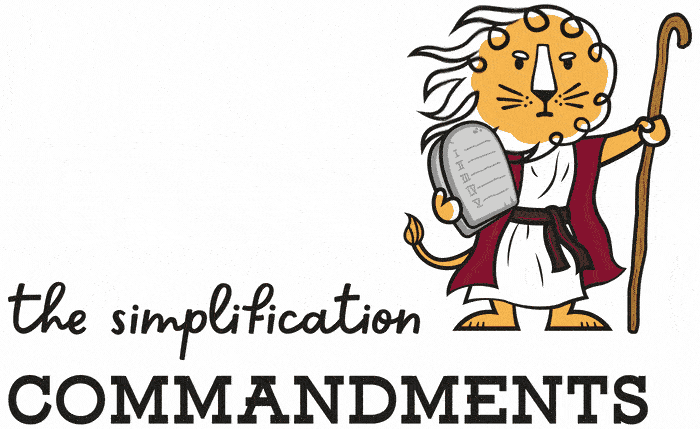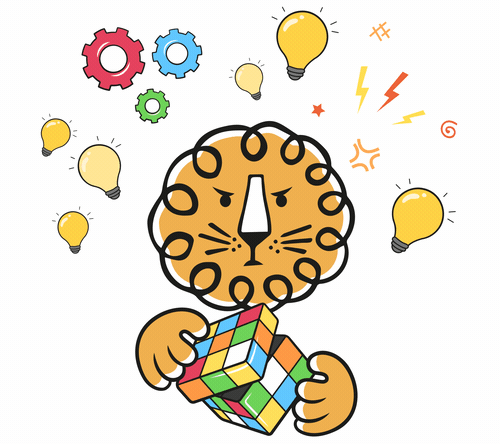The Simplification Commandments - Leon! Animation Studio
A tried and tested framework for simplifying and solving any problem, animation-related or otherwise.
Click on the commandments below 👇 to learn more.
The Commandments:
4 eXpEriMenT! 🙃
5 Devil's Advocate 👹
6 Steal Sh*t! 🕵️
7 Take a Brake! 🚶♂️
8 Change Goals 🥅
9 Give Up! 🏳️
10 Ask for Help 🙏
What's the Deal With This? Guide? eBook?
Over the past few years, Leon! Animations has worked with hundreds of clients.
Many of them have been NGOs and think tanks engaged with highly complex problems that they describe in academic tones, which are dry "ivory tower" approaches to conveying a message.
Understandably, Leon! has had to develop a framework for simplifying these messages. As it turns out, we've built a somewhat effective problem-solving method to help you untangle even your most complex problems.
Even the ones you've been wrestling with for years.
A short (hopefully funny) blog post accompanies each commandment that explains the concept and provides practical guidance on applying it.
See the links at the top of this article 👆.
Our personal favourites?
Explain to Toddlers
Understanding your problem or the context around it well is a given if you're solving something complex. But how can you know how well you understand your situation? You should be able to explain it to a toddler.
Of course, not literally. But if a gun were to your head, could you summarize your problem in a single sentence?
If not, you may need to deepen your understanding.
What's the 1st Step?
When solving ginormous problems, it's easy to feel overwhelmed, especially at first. The simple way to get around this? Identify and take a single step. ANY first step is good, even if it's not the "perfect" step.
Ask for Help
The saying "No man is an island" is a cliche for a reason. It's a truism. How much more obvious could that be?.... Right? As it turns out, a hell of a lot more obvious than you'd realize.
There's a lot about cooperation and delegation that we take for granted.
This post demonstrates this importance by diving into a few situations, including the incredibly complex economic web required to produce a single pencil.
Only be a solopreneur if you have to.
We're NOT an animation studio. We're Problem Solvers
My first encounter with using art and design to solve problems was interesting.
My tutors had set up an interesting experiment.
I was attending an open day for their course, and next to their stand were two doors.
One door had a sign that read: "I want to be a graphic designer", and the other, "I want to be a problem-solver".
Everyone who chose the graphic design door found brochures for other art colleges. The door labelled "Problem-solver" was the only one with brochures for my college (Leeds College of Art & Design).
This experience became the foundation for my design career: solving complex problems by detangling them into simple, bite-sized chunks. Making the complicated simple.
How To Maximize This Guide
The guide is pretty straightforward.
It's written in the order we usually use in our workflow (más o menos), so you can read it chronologically or jump in at a point in the series that matches your current struggle.
On the other hand, if you've found yourself with a message that you need to clarify, then give us a shout.
We've done everything from videos on the struggles faced by West & Central African migrants to explaining how AI can help you optimize your insurance pricing.
No matter how complex the message is, we can help you get it sorted.
Drop us a line by clicking on the image below.







